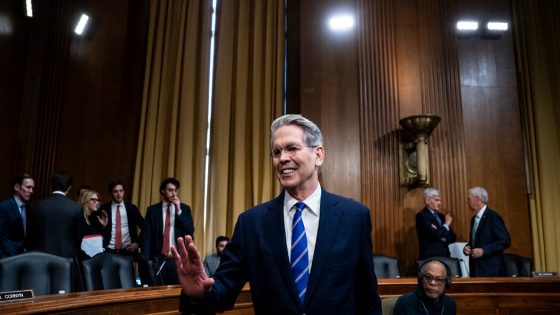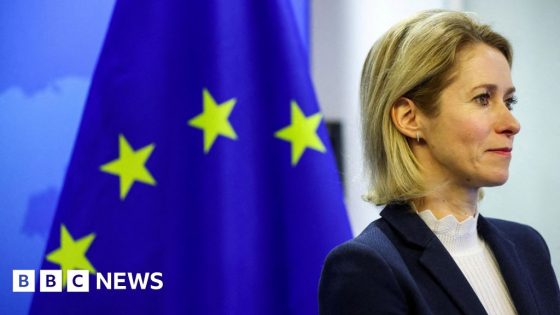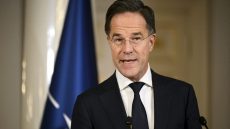Treasury Secretary Scott Bessent will not attend the G20 finance ministers meeting scheduled for February 26-27, 2025, in Cape Town, South Africa. This marks a significant departure from the norm for a Treasury secretary, particularly one newly confirmed just three weeks prior, and highlights ongoing tensions between the united states and South Africa regarding U.S. foreign policy under the Trump administration.
- Treasury Secretary skips G20 meeting in Cape Town
- Decision deepens US-South Africa rift
- Unusual for a newly confirmed Treasury Secretary
- Trump favors bilateral over multilateral negotiations
- Meeting theme contrasts with Trump administration views
- Experts criticize the decision as a major mistake
The absence of Mr. Bessent comes amid a broader strategy by President Trump to prioritize bilateral negotiations over multilateral forums. The G20 meeting’s theme of “solidarity, equality, sustainability” contrasts with the administration’s stance on climate change and diversity policies, further complicating international relations.
The decision for Mr. Bessent to skip the G20 meeting is notable given the importance of such gatherings for global economic discussions. This meeting would have been his first opportunity to engage with finance ministers from key nations, including Europe, China, and Russia. The current global economic climate is critical, especially as the U.S. considers imposing tariffs on many trading partners.
Mr. Bessent’s absence follows Secretary of State Marco Rubio’s boycott of a foreign ministers meeting in Johannesburg, where he cited concerns over “anti-Americanism.” This pattern indicates a shift in U.S. diplomatic engagement strategies, as the Trump administration appears to be distancing itself from multilateral platforms.
- Mr. Bessent was confirmed as Treasury Secretary only three weeks prior.
- The G20 meeting’s theme is at odds with the administration’s views.
- Mark Sobel, a former Treasury official, criticized the decision as a “colossal mistake.”
In summary, the decision by Treasury Secretary Scott Bessent to skip the G20 finance ministers meeting underscores a significant shift in U.S. foreign policy under the Trump administration. This move raises questions about the future of international cooperation and the U.S.’s role in global economic discussions.
This development reflects ongoing challenges in U.S. relations with other nations and highlights the administration’s preference for direct negotiations over traditional multilateral engagement.
































